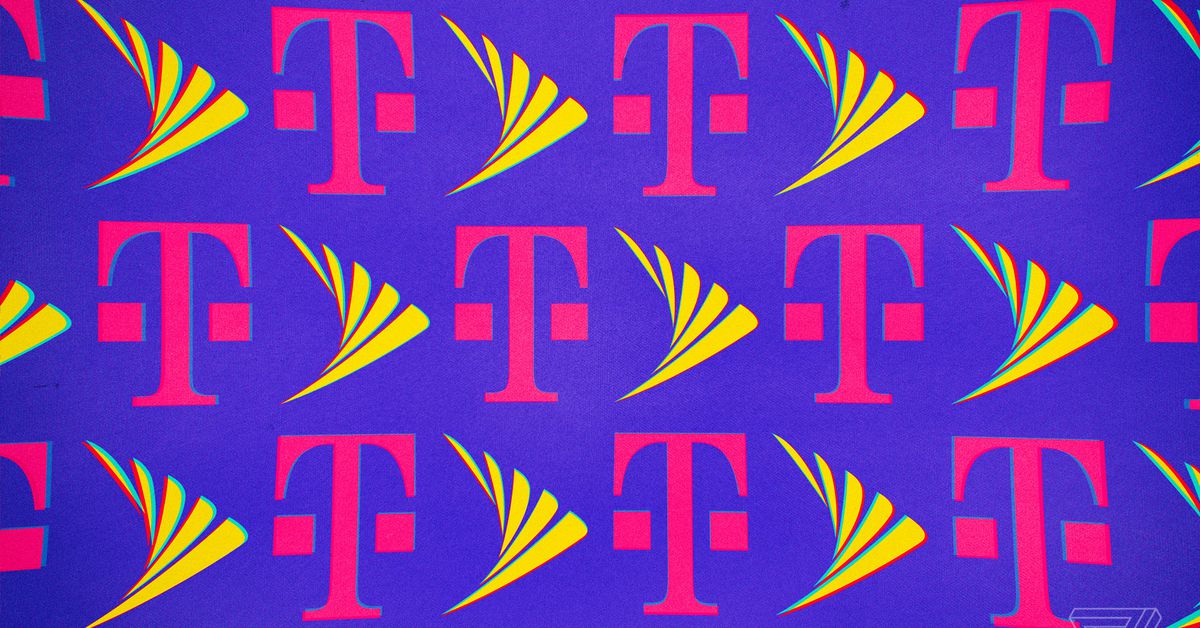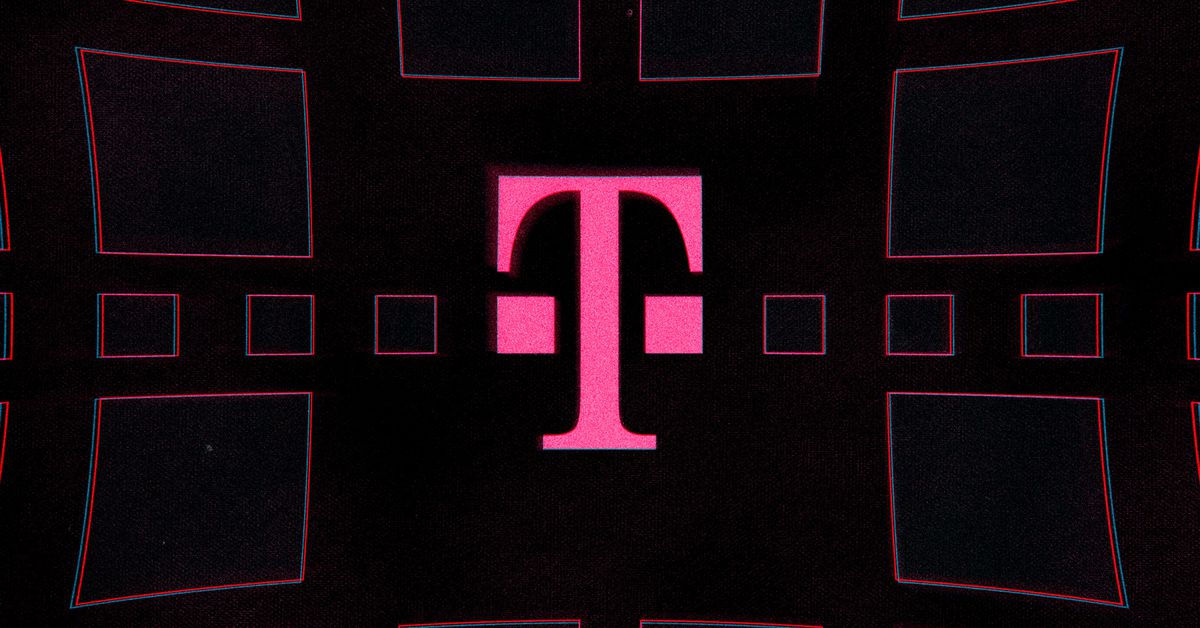T-Mobile promised its $26 billion merger with Sprint would add new jobs to the economy literally every single day, but a report from The Wall Street Journal confirms the newly combined company actually employs fewer people now than it did before the merger.
Here’s how specific T-Mobile’s promise was:
So, let me be really clear on this increasingly important topic. This merger is all about creating new, high-quality, high-paying jobs, and the New T-Mobile will be jobs-positive from Day One and every day thereafter. That’s not just a promise. That’s not just a commitment. It’s a fact.
“Jobs-positive” would not be how I’d describe T-Mobile’s employment practices. The company employed 5,000 fewer people by the end of 2020 than it did before the merger, the Journal writes. And before you blame the COVID-19 pandemic, you should know that wireless executives who spoke to Journal said that shrinking the number of jobs was always part of the plan — the pandemic just sped up planned job loss on the retail side of T-Mobile’s business. In fact, T-Mobile laid off hundreds of Sprint’s inside sales team just a few months after its merger was completed.
In addition to the “jobs-positive from day one and every day thereafter” claim, which now appears to have been a blatant lie, T-Mobile also specifically promised it would add 11,000 jobs by 2024. Instead, it appears to be moving in the opposite direction.
We were warned this would happen. Wall Street analysts and labor unions both predicted anywhere between 24,000 to 30,000 jobs could be lost if T-Mobile and Sprint got what they wanted. Telecom industry watcher Karl Bode wrote multiple articles for The Verge highlighting how meaningless the merger promises looked, comparing to Sprint’s own history of post-merger layoffs.
For some context, when Sprint was given the go-ahead to merge with Nextel in 2005, it made its own claims about how great its merger would be for the economy. Bode writes:
Government filings had promised the FCC that the deal would “generate economic growth and jobs in the United States.” Then-Sprint CEO Gary Forsee told media outlets in 2005 that employees “shouldn’t expect to see a headline that there’s thousands of jobs that are going to be cut on the first of November or any time along the way.” By the end, more than 8,000 employees would lose their jobs.
Sounds familiar, doesn’t it?
T-Mobile’s other merger obligations, like helping Dish become a viable fourth carrier option, also seem like they might just be talk. Dish CEO Charlie Ergen recently told the FCC that if T-Mobile moves forward with its plans to shut down its older 3G CDMA network, Dish’s Boost Mobile customers (who rely on Sprint’s network for service) would be greatly harmed. Ergen stresses that for customers who need the less expensive phone plans Boost provides, upgrading to a 4G or 5G-capable phone isn’t a small expense — it could force some people to go without.
Related
Dish chairman calls T-Mobile the ‘Grinch’ for going back on merger promises
As far as jobs are concerned, current T-Mobile CEO Mike Sievert does tell the Journal that the company plans to fill 6,000 open positions as the world recovers from the pandemic. That might possibly bring T-Mobile/Sprint back up to its pre-merger numbers, but it’s now even harder to believe the company will add an additional 11,000 jobs by 2024.




